The BASIS 2018 Roundup – Top 5 and Editor’s Picks
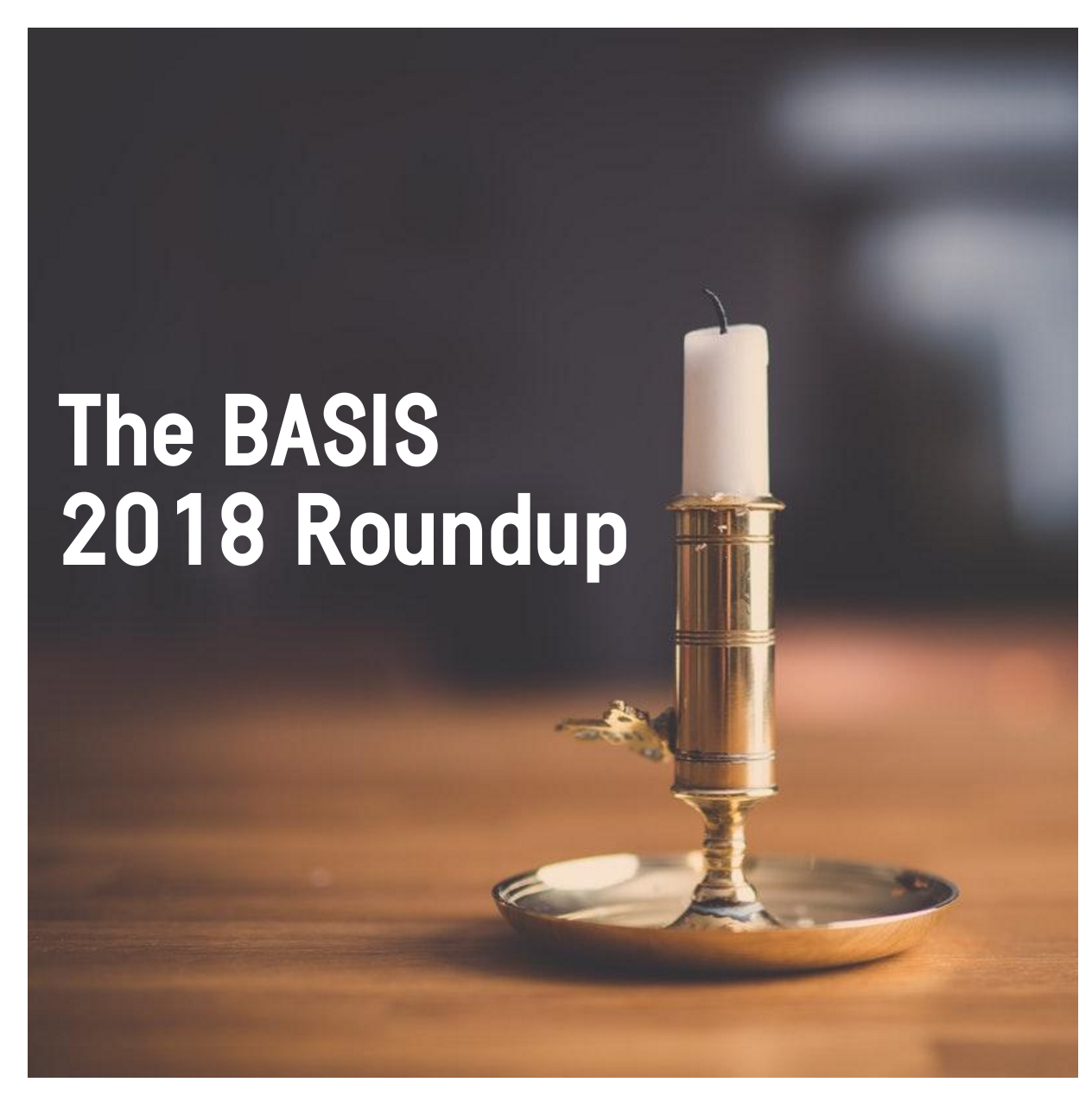 2018 has been a busy year here for The BASIS. We presented Special Series on Addiction and Homelessness, Gambling Disorder, Addiction in the LGBTQ Community (sponsored by Fenway Health), and Self-Directed Change. We have shared op-eds written by Boston’s “street doctor” Dr. James O’Connell, social worker Frank Busconi, an anonymous writer sharing her experiences of achieving sobriety as a member among the LGBTQ community, gambling expert Dr. Sally Gainsbury, and addiction scientist Dr. Wendy Slutske. Today, we look back on the year with our top 5 most-read science reviews of 2018, followed by top picks from our editorial staff. What’s your favorite post this year?
2018 has been a busy year here for The BASIS. We presented Special Series on Addiction and Homelessness, Gambling Disorder, Addiction in the LGBTQ Community (sponsored by Fenway Health), and Self-Directed Change. We have shared op-eds written by Boston’s “street doctor” Dr. James O’Connell, social worker Frank Busconi, an anonymous writer sharing her experiences of achieving sobriety as a member among the LGBTQ community, gambling expert Dr. Sally Gainsbury, and addiction scientist Dr. Wendy Slutske. Today, we look back on the year with our top 5 most-read science reviews of 2018, followed by top picks from our editorial staff. What’s your favorite post this year?
Top 5 Most-Read Science Reviews of 2018
5.) The WAGER, Vol. 23(11): Do people with severe gambling-related problems recover on their own?
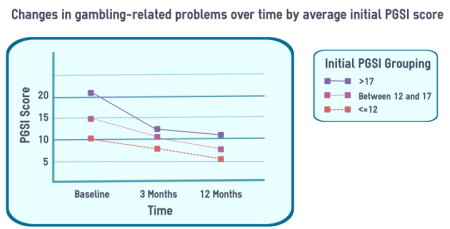 Sometimes people wonder whether change is possible. Our 5th most-read science review suggested that even people with severe gambling-related problems can successfully reduce these problems without the help of a professional.
Sometimes people wonder whether change is possible. Our 5th most-read science review suggested that even people with severe gambling-related problems can successfully reduce these problems without the help of a professional.
4.) STASH, VOL. 14(7): Does stress affect drug use in rural communities?
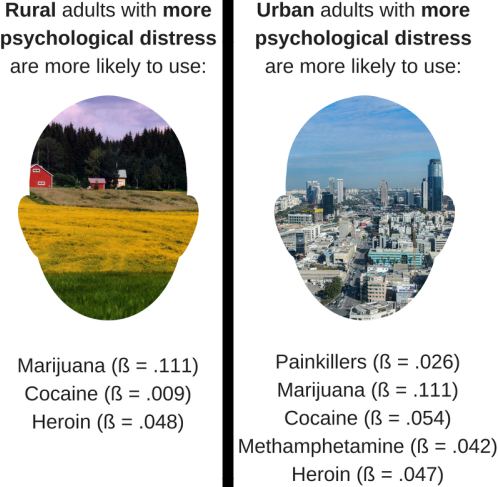 No one is immune from substance use disorders, but some groups are especially at risk. The 4th most-read science review indicated that among rural US adults, greater psychological stress predicted marijuana, methamphetamines, and heroin use. On the other hand, among urban adults, stress was linked with non-medical painkiller use. This review was written by Julia Peterson, a senior at Oberlin College who completed our summer research program.
No one is immune from substance use disorders, but some groups are especially at risk. The 4th most-read science review indicated that among rural US adults, greater psychological stress predicted marijuana, methamphetamines, and heroin use. On the other hand, among urban adults, stress was linked with non-medical painkiller use. This review was written by Julia Peterson, a senior at Oberlin College who completed our summer research program.
3.) The DRAM, Vol. 14(11): Is abstinence necessary for alcohol treatment success?
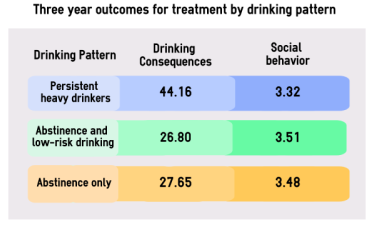 Coming in at number 3, as part of our Special Series on Self-Directed Recovery, we reviewed a study showing that total abstinence is not the only pathway to successful treatment for alcohol use disorders. People who alternate between abstinence and controlled drinking during treatment can achieve success in reducing alcohol-related problems.
Coming in at number 3, as part of our Special Series on Self-Directed Recovery, we reviewed a study showing that total abstinence is not the only pathway to successful treatment for alcohol use disorders. People who alternate between abstinence and controlled drinking during treatment can achieve success in reducing alcohol-related problems.
2.) The WAGER, Vol. 23(8): Binge gambling and gambling-related harms
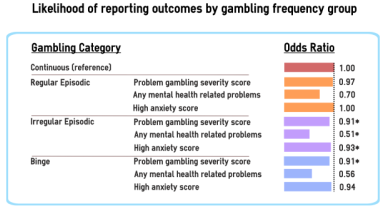
There are many ways to gamble, and many ways to experience related harms. The second most widely read science review suggested that people who go on gambling binges, and people who gamble irregularly, experience fewer psychological problems and gambling-related harms than those who gamble regularly and continuously.
1.) The WAGER, Vol. 23(3): A new treatment for Gambling Disorder? The answer might shock you
 Scientists are always pushing to develop more effective and appealing treatments for mental health conditions, including gambling disorder. Our most-read science review of 2018 indicated that low-intensity electric shocks to the brain, or transcranial direct current stimulation, might help treat people with gambling disorder.
Scientists are always pushing to develop more effective and appealing treatments for mental health conditions, including gambling disorder. Our most-read science review of 2018 indicated that low-intensity electric shocks to the brain, or transcranial direct current stimulation, might help treat people with gambling disorder.
Top 2018 Editor’s Picks
Heather Gray, PhD, Senior Editor & Interim Editor, The WAGER
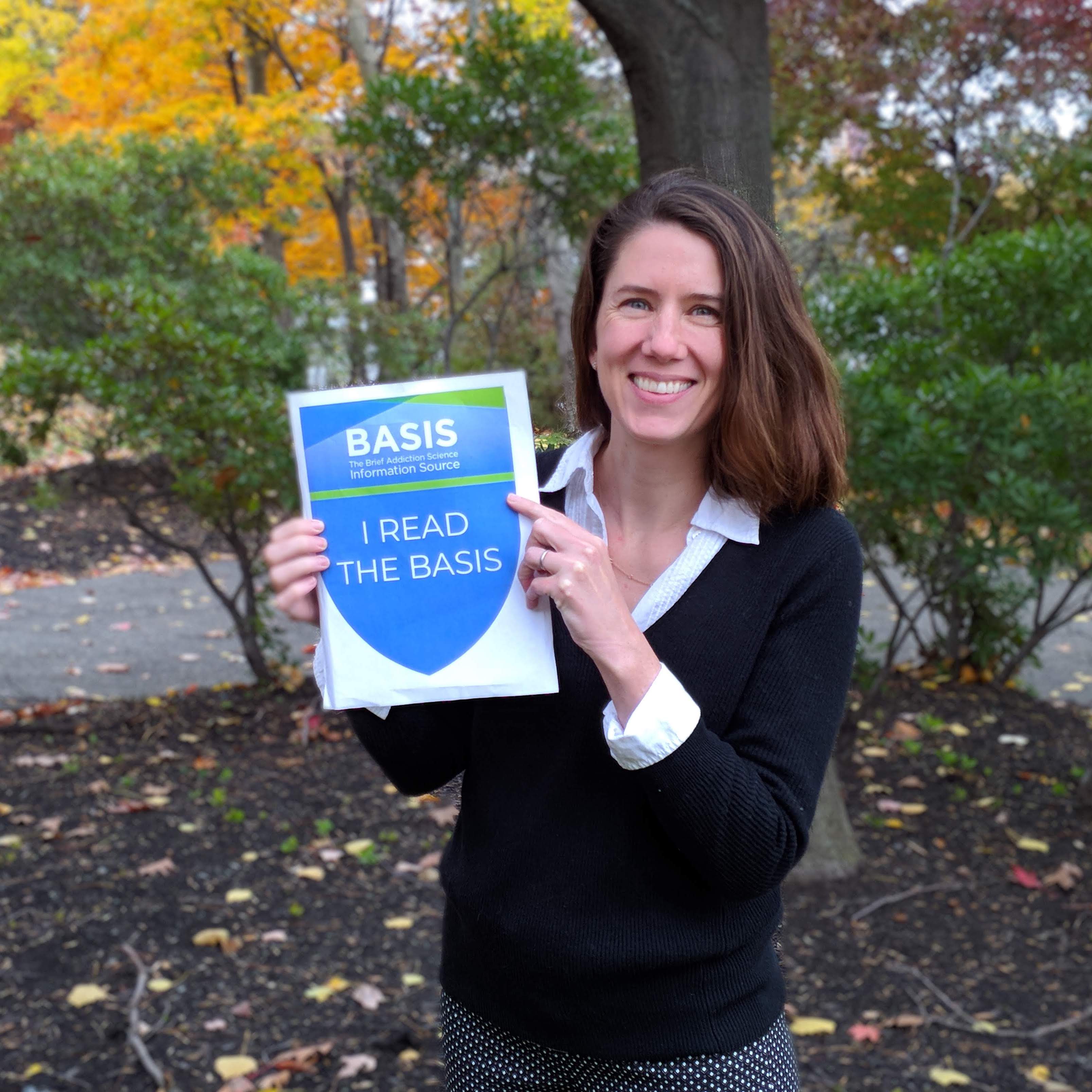 This year, I had the opportunity to serve as the Interim Editor of The WAGER. Our writers did a wonderful job of selecting recent gambling studies with important public health implications. One stand-out post for me was part of our January Special Series on Addiction and Homelessness. In this post, Pat Williams described a study of gambling problems and other negative life events among people experiencing homelessness in London. I’m especially drawn to studies of the experience of homelessness, and I’ve learned that homelessness is a hard problem to solve, in part, because so many different paths can lead to it. Sure enough, Pat’s review showed us that, in at least this one study, gambling problems were common and typically preceded homelessness. Programs that serve people experiencing homelessness should consider including gambling interventions (e.g., screening, brief intervention, referral to specialty treatment) among their services as part of their addiction services. A self-help resource for people thinking about changing their gambling behavior is available freely.
This year, I had the opportunity to serve as the Interim Editor of The WAGER. Our writers did a wonderful job of selecting recent gambling studies with important public health implications. One stand-out post for me was part of our January Special Series on Addiction and Homelessness. In this post, Pat Williams described a study of gambling problems and other negative life events among people experiencing homelessness in London. I’m especially drawn to studies of the experience of homelessness, and I’ve learned that homelessness is a hard problem to solve, in part, because so many different paths can lead to it. Sure enough, Pat’s review showed us that, in at least this one study, gambling problems were common and typically preceded homelessness. Programs that serve people experiencing homelessness should consider including gambling interventions (e.g., screening, brief intervention, referral to specialty treatment) among their services as part of their addiction services. A self-help resource for people thinking about changing their gambling behavior is available freely.
Tim Edson, PhD, Series Editor, ASHES
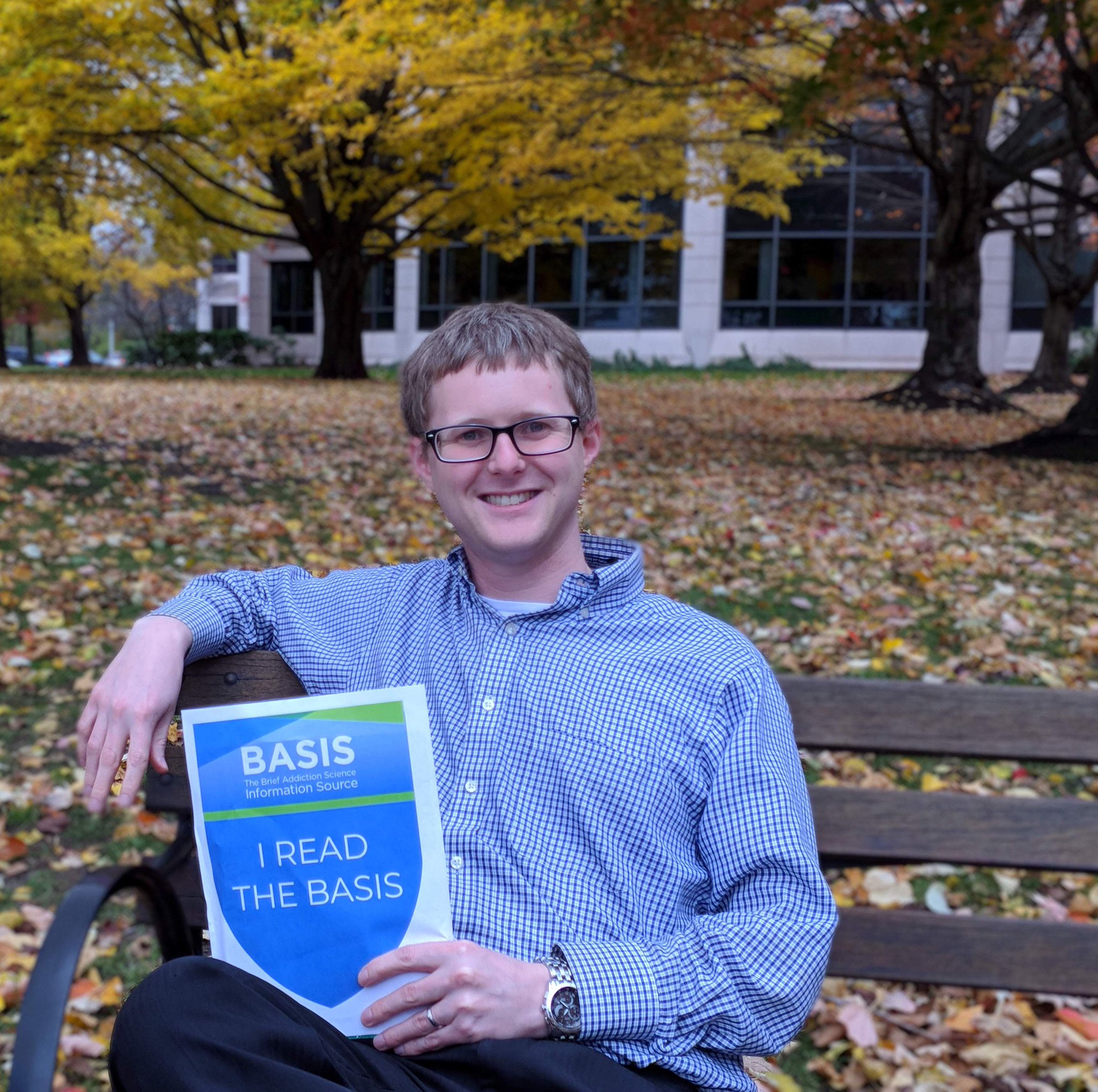 This year I was afforded the opportunity to serve as Editor of ASHES. Our writers did an amazing job of covering the many facets of tobacco and nicotine addiction. One article that stood out for me was part of our October issue. In this post, Rhiannon Wiley described the results of a systematic review of studies assessing the effectiveness of mindfulness meditation interventions for quitting tobacco use. I think this review does a fantastic job of highlighting the importance of reporting null findings in research. As Rhiannon’s review shows us, there is currently not enough evidence to indicate whether mindfulness interventions by themselves are effective at helping people to quit smoking. She also does a great job at explaining how these null findings could be due simply to a paucity of quality research in this area. This gets at the crux of a major issue in addiction research: a lack of quality research means that we cannot easily determine which types of interventions are most effective, and for whom. A self-help resource for people who want to quit smoking is available freely.
This year I was afforded the opportunity to serve as Editor of ASHES. Our writers did an amazing job of covering the many facets of tobacco and nicotine addiction. One article that stood out for me was part of our October issue. In this post, Rhiannon Wiley described the results of a systematic review of studies assessing the effectiveness of mindfulness meditation interventions for quitting tobacco use. I think this review does a fantastic job of highlighting the importance of reporting null findings in research. As Rhiannon’s review shows us, there is currently not enough evidence to indicate whether mindfulness interventions by themselves are effective at helping people to quit smoking. She also does a great job at explaining how these null findings could be due simply to a paucity of quality research in this area. This gets at the crux of a major issue in addiction research: a lack of quality research means that we cannot easily determine which types of interventions are most effective, and for whom. A self-help resource for people who want to quit smoking is available freely.
Matthew Tom, PhD, Series Editor, The DRAM
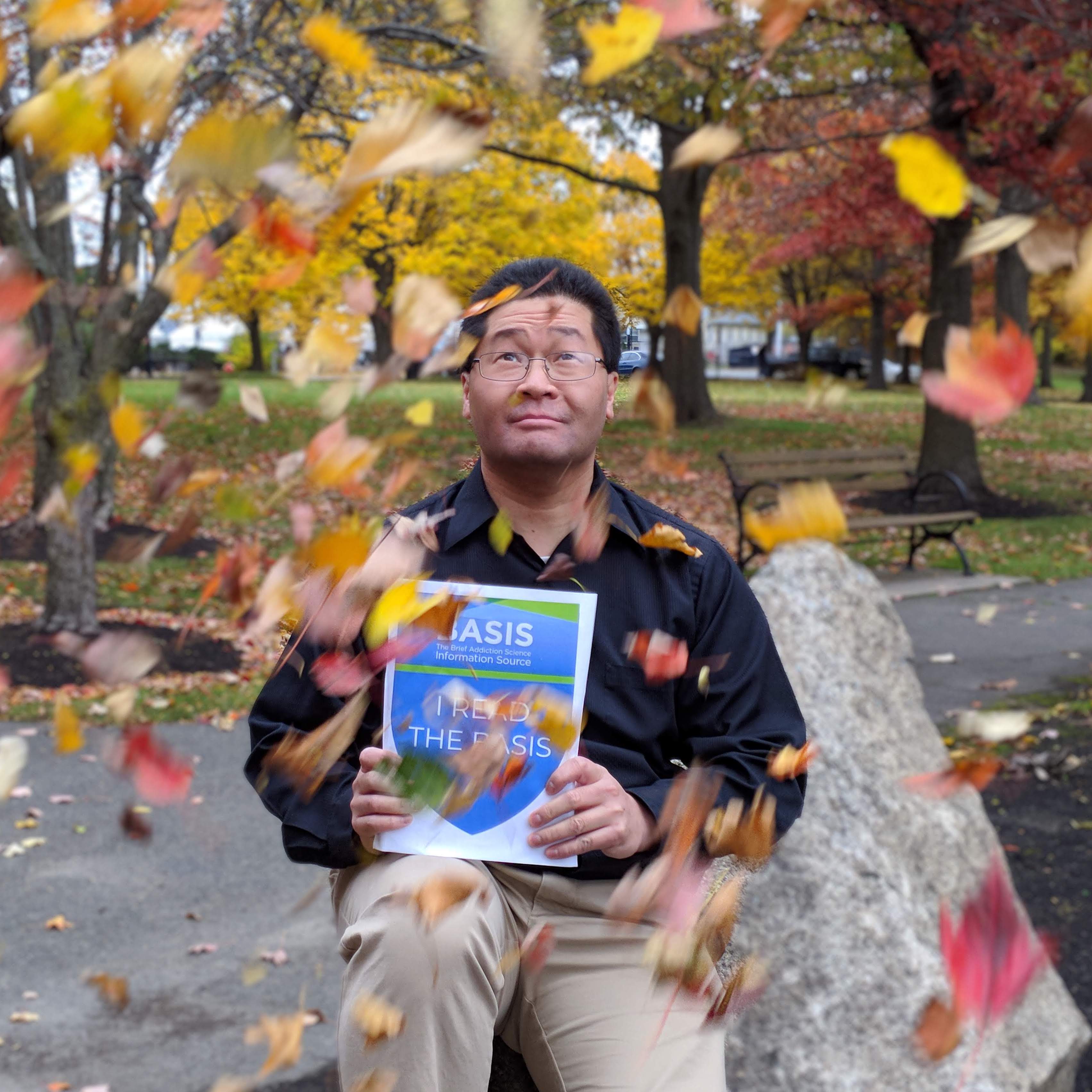 This year, we had thirteen issues of The DRAM, covering various aspects of alcohol use disorder (AUD) and its consequences. As Pat Williams reported in what I think is one of our most interesting science reviews of the year, some people completely abstain from drinking during treatment for AUD, while others alternate between abstinence and low-risk drinking. In the study he reviewed, over the three years after treatment, the two groups – the abstainers and the alternators – had similar experiences in terms of drinking consequences (or lack thereof). To some, seeing someone with a past history of AUD drinking even a little might seem like cause for alarm. However, these results suggest that low risk is possible. To me, this means that an individual level, it is about people knowing their limits and working around them, whether it means some drinking, very little drinking, or complete 100% abstinence. As someone who used to play a lot of chess, I sometimes wonder if one way to cope with addiction is to think of one’s mind the way chess players evaluate positions – noting what pieces are where, identifying the important parts of each side’s defenses, and calculating possible sequences of moves and lines of play. I wonder if the people who can drink despite past issues with AUD have gone through a similar analytic process. If so, maybe this process can be used to help others suffering from addiction.
This year, we had thirteen issues of The DRAM, covering various aspects of alcohol use disorder (AUD) and its consequences. As Pat Williams reported in what I think is one of our most interesting science reviews of the year, some people completely abstain from drinking during treatment for AUD, while others alternate between abstinence and low-risk drinking. In the study he reviewed, over the three years after treatment, the two groups – the abstainers and the alternators – had similar experiences in terms of drinking consequences (or lack thereof). To some, seeing someone with a past history of AUD drinking even a little might seem like cause for alarm. However, these results suggest that low risk is possible. To me, this means that an individual level, it is about people knowing their limits and working around them, whether it means some drinking, very little drinking, or complete 100% abstinence. As someone who used to play a lot of chess, I sometimes wonder if one way to cope with addiction is to think of one’s mind the way chess players evaluate positions – noting what pieces are where, identifying the important parts of each side’s defenses, and calculating possible sequences of moves and lines of play. I wonder if the people who can drink despite past issues with AUD have gone through a similar analytic process. If so, maybe this process can be used to help others suffering from addiction.
John Kleschinsky, DrPH, Series Editor, STASH
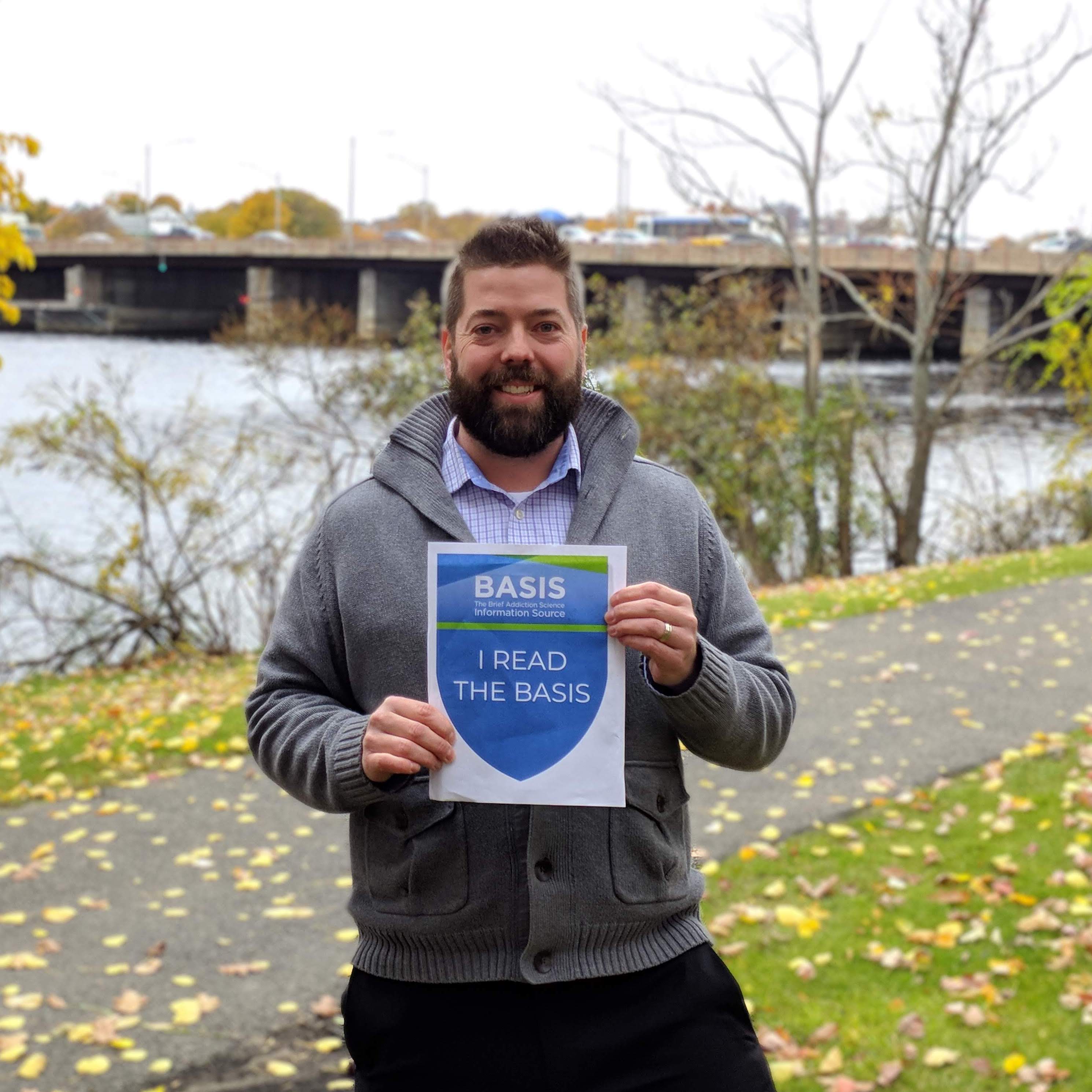 As editor of The STASH, I’ve had the pleasure to work with Rhiannon Wiley, Pat Williams, and Jamie Juliver on a number of important reviews in 2018. We’ve covered a lot of ground exploring studies about substance use in populations ranging from national samples of youth, to rural populations, to LGBTQ populations. For me, one of Rhiannon’s reviews stood out for its innovative look at language in substance use. In this review, researchers used a computer program to analyze a random selection of tweets to identify new terms for marijuana use. As we think about how flat footed the study of youth substance use has been on the issue of vaping, such research methodologies should inspire researchers to continue to push the barriers of innovation. Having a better grasp of substance use terminology will help prevention, intervention, and treatment specialists identify areas of concern sooner, engage those who are using substances, and support their efforts to change their behavior. If you are concerned about your or a loved one’s marijuana use, consider Your First Steps to Change, a free anonymous self-help guide.
As editor of The STASH, I’ve had the pleasure to work with Rhiannon Wiley, Pat Williams, and Jamie Juliver on a number of important reviews in 2018. We’ve covered a lot of ground exploring studies about substance use in populations ranging from national samples of youth, to rural populations, to LGBTQ populations. For me, one of Rhiannon’s reviews stood out for its innovative look at language in substance use. In this review, researchers used a computer program to analyze a random selection of tweets to identify new terms for marijuana use. As we think about how flat footed the study of youth substance use has been on the issue of vaping, such research methodologies should inspire researchers to continue to push the barriers of innovation. Having a better grasp of substance use terminology will help prevention, intervention, and treatment specialists identify areas of concern sooner, engage those who are using substances, and support their efforts to change their behavior. If you are concerned about your or a loved one’s marijuana use, consider Your First Steps to Change, a free anonymous self-help guide.
Like The BASIS shields? Tweet your “shield selfie” to @div_addiction and tell us how The BASIS inspired you this year. You can also show your support for The BASIS by making your year-end, tax-deductible donation to The BASIS today.
Here at the Division on Addiction, we want to recognize how difficult the holidays can be for some people. Visit The BASIS addiction resources for screening information or call SAMHSA’s National Addiction Helpline at 1-800-662-HELP (4357) to learn about treatment and referral opportunities.
Thank you for reading and have a happy new year!
All the best,
Pat Williams, Writer